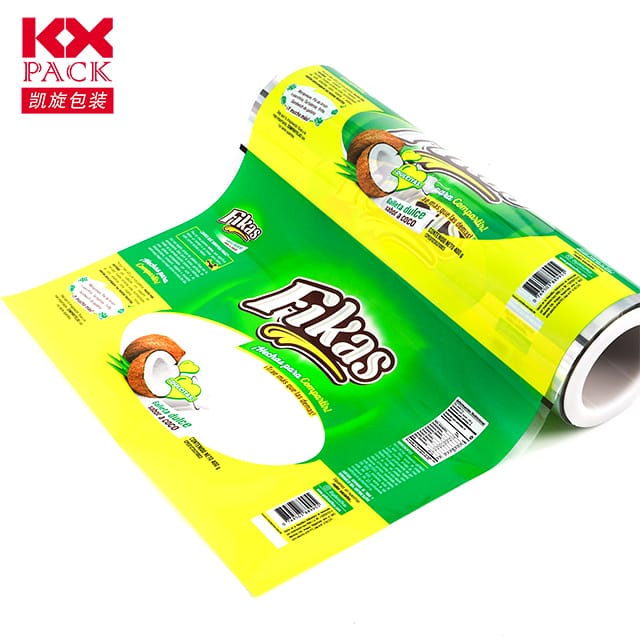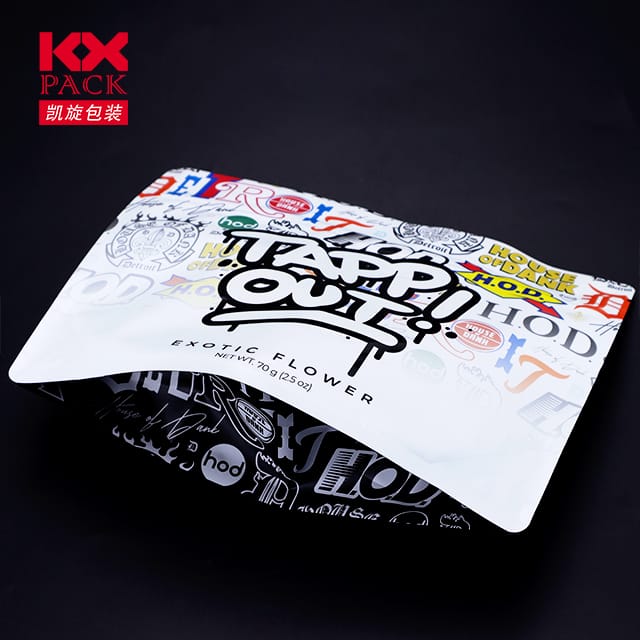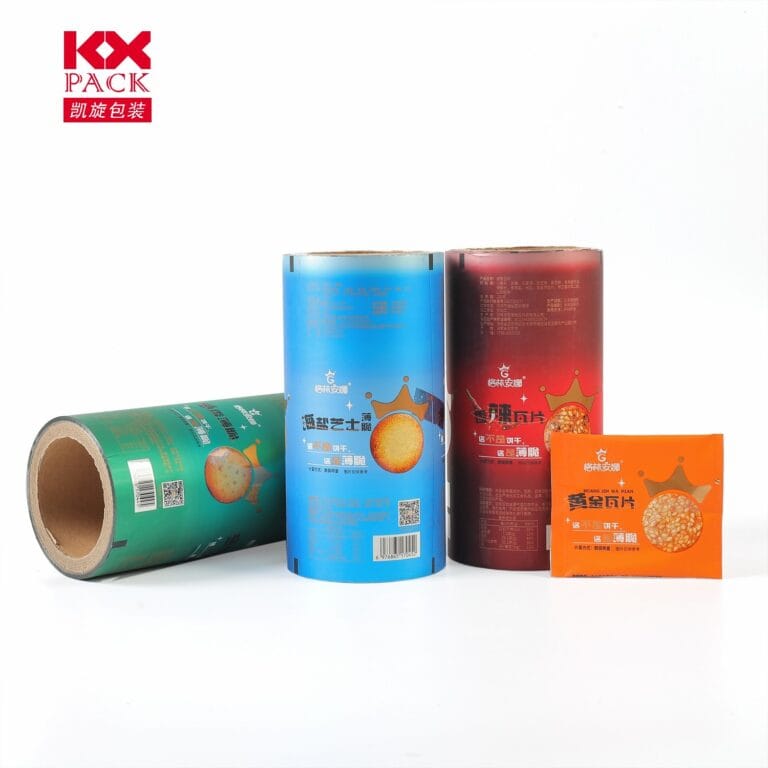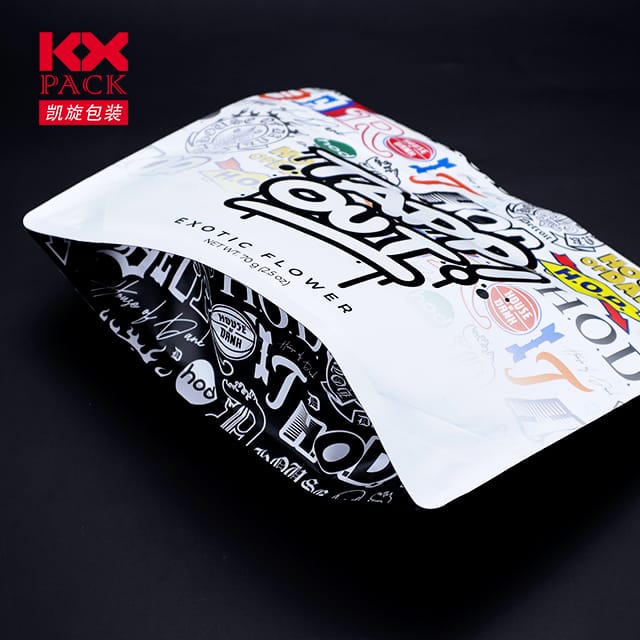העתיד של שימור מזון: כיצד סרטי אריזות מזון גמישים מחוללים מהפכה בתעשייה
סרטי אריזת אוכל גמישים
בעידן שבו קיימות, בטיחות מזון, והנוחות היא מעל הכל, סרטי אריזת אוכל גמישים have emerged as a game-changer for the global food and beverage industry. אלו קלים, חומרים הניתנים להתאמה מגדירים מחדש את האופן שבו מוצרים מוגנים, מוצג, ונשמר - מחווה לשולחן. Let’s explore the innovations driving this trend and why they’re critical for modern consumers and manufacturers.
Why Flexible Food Packaging Films? The Core Advantages
- הגנת מחסום, חיי מדף ארוכים
סרטי אריזת אוכל גמישים are engineered with multi-layer structures that create impermeable barriers against oxygen, לַחוּת, אוֹר, ומזהמים. לדוגמה, PVDC-coated films אוֹ metallized PET layers can reduce oxygen transmission by up to 99%, preserving freshness and flavor in snacks, בשרים, and dairy. Studies suggest that advanced packaging could cut global food waste by 30% by 2030—a critical step toward sustainability. - Lightweight and Eco-Friendly
Compared to rigid packaging (לְמָשָׁל., glass jars or metal cans), סרטי אריזת אוכל גמישים להשתמש 70% less material by weight, lowering transportation emissions and storage costs. חידושים כמו biodegradable PLA films ו recyclable PE/PP blends are further reducing plastic’s environmental footprint, aligning with global zero-waste goals. - Customization and Versatility
מִן שקיות עמידה for pet food to retort-ready bags for ready-to-eat meals, flexible films adapt to any product shape or size. Brands can leverage דפוס דיגיטלי לתוסס, on-demand packaging designs, enhancing shelf appeal and brand storytelling.
Key Innovations Shaping the Market
- Smart Films for Enhanced Safety
מוֹדֶרנִי סרטי אריזת אוכל גמישים incorporates anti-fog coatings (for clear visibility in refrigerated sections), self-venting technologies (for microwave-safe meals), ו UV-blocking layers (to protect light-sensitive products like oils or supplements). לדוגמה, סרטי בופ with low seal initiation temperatures (SIT) boost production efficiency by 20% for snack manufacturers. - Sustainability-Driven Materials
The market is shifting toward סרטים קומפוסטטיים (לְמָשָׁל., corn-starch-based PLA) ו ממוחזר לאחר הצרכן (PCR) תוֹכֶן. חברות אוהבות Glenroy ו Winpak are pioneering mono-material structures (לְמָשָׁל., all-PE pouches) to simplify recycling. על ידי 2028, the global flexible packaging market is projected to reach $341.6 מיליארד, fueled by eco-conscious demand. - Advanced Adhesives and Sealing
חָדָשׁ solvent-free laminations ו high-performance sealants ensure leak-proof packaging even for liquid products like soups or sauces. These innovations also reduce production waste and energy use.
יישומים בכל תעשיות
- תוצרת טרייה: Breathable films with modified atmosphere packaging (מַפָּה) extend the shelf life of berries and leafy greens by 2–3 times.
- ארוחות מוכנות לאכילה: Retort pouches withstand high-temperature sterilization, eliminating preservatives while maintaining texture and taste.
- תרופות: Child-resistant, moisture-barrier films ensure safe storage of pills and supplements.
- קוֹסמֵטִיקָה: Flexible tubes and sachets offer precise dispensing and protection from contamination.
הדרך קדימה: Trends for 2025 and Beyond
- שילוב כלכלה מעגלית
Brands are adopting closed-loop systems, where used packaging is collected, ממוחזר, and repurposed into new films. Partnerships between manufacturers and recycling firms will be key to scaling this model. - אריזה פעילה וחכמה
Imagine films that change color when food spoils or release natural preservatives over time. Early prototypes using מחווני זמן-טמפרטורה (TTIs) ו oxygen scavengers are already in testing. - תאימות רגולטורית
As governments tighten rules on single-use plastics, flexible films must meet FDA and EU food-contact standards while minimizing chemical migration. Transparent supply chains and material traceability will become non-negotiable.
סיכום: A Flexible Future
Flexible food packaging films are no longer just a cost-effective alternative—they’re a strategic imperative for brands aiming to thrive in a competitive, sustainability-focused market. By combining cutting-edge materials with smart design, these solutions address today’s challenges while paving the way for a safer, greener tomorrow.
Ready to upgrade your packaging strategy? Explore how flexible films can transform your product’s performance, קיימות, ופנייה צרכנית. The future of food preservation is flexible—and it’s here to stay. 🌱✨
References: Flexible Packaging Association, Global Market Insights, PennPac, TedPack






